Vintage 1970s Photos Show Lost Sites of NYC's Lower East Side
A quest to find his grandmother's birthplace led Richard Marc Sakols on a mission to capture his changing neighborhood on film.

Discover what qualities make a great cup of joe as you learn how to taste coffee like a professional!

City Boy Coffee founder Matt Falber wasn't always a fan of coffee. It wasn't until he had his first "good cup of coffee" from Abraco in the East Village that he realized the drink could even be enjoyable without copious amounts of sugar. He also realized then that the right beans made all the difference. After meeting Amaris Gutierrez-Ray, the Roasting Operations Manager at Joe Coffee, Falber became fascinated with all the intricacies of coffee farming, harvesting, roasting, and brewing. His newfound interest in coffee and all its complexities took him on a journey across the globe and back to New York City where he opened his very own roastery.
On November 16th, soak up some of Falber's expert coffee knowledge when you join him for a coffee-tasting class at the City Boy Coffee roastery in Long Island City!
This experience is just $10 (a $60 value!) for Untapped New York Members at the Insider tier or higher. Registration for tickets opens on November 2nd at 12:00 PM ET. Not a member yet? Join today and get 10 days free!
"I thought, if I want to do something out of the country, I could follow beans from another country back to New York City," Falber says of the idea that struck him after getting a crash course in coffee production from Gutierrez-Ray. "So I planned a trip. I went to Guatemala for six weeks, visiting different farms all over Guatemala. I went from being just a fan of coffee to falling deeply in love with coffee. I think the thing that really moved me was seeing how, when coffee is purchased ethically, it really changes lives."
"The amount of money that we spend on a cup of coffee, and the amount of money that we could spend on, like, a good cup of coffee that makes the world better is minuscule to us, but multiplied amongst all of the coffee that comes out of a producing country, it makes an exponential difference."
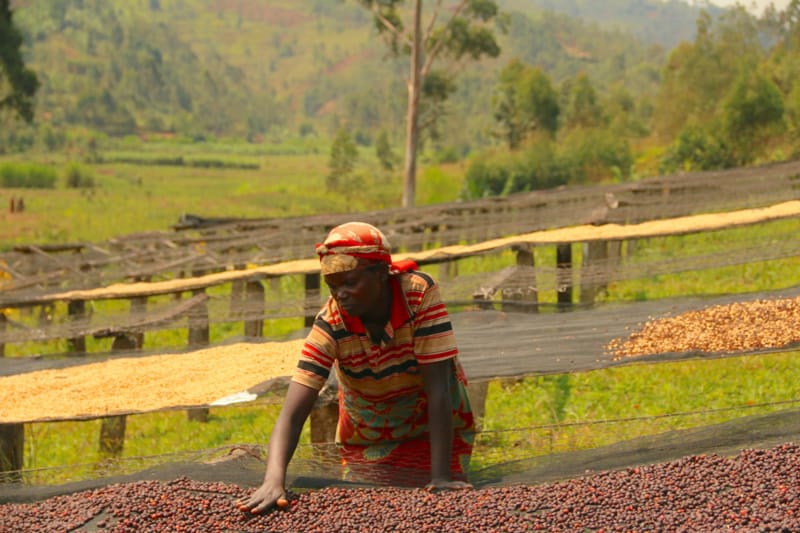
"I had never thought of coffee as a crop," Falber shared with Untapped New York. This likely common line of thinking can be traced to New York City's coffee history and the ever-expanding gulf between us consumers and the source of our food items.
"There was a point in time when you could go down to the harbor in New York City, and ships would actually bring in green coffee from another country," Falber explained, "People would go, they'd buy it, they'd bring it home, they'd fry it in a frying pan, and everybody's ceiling would be black. It was a messy process, but there was some sort of connection to coffee as an agricultural food that you buy."
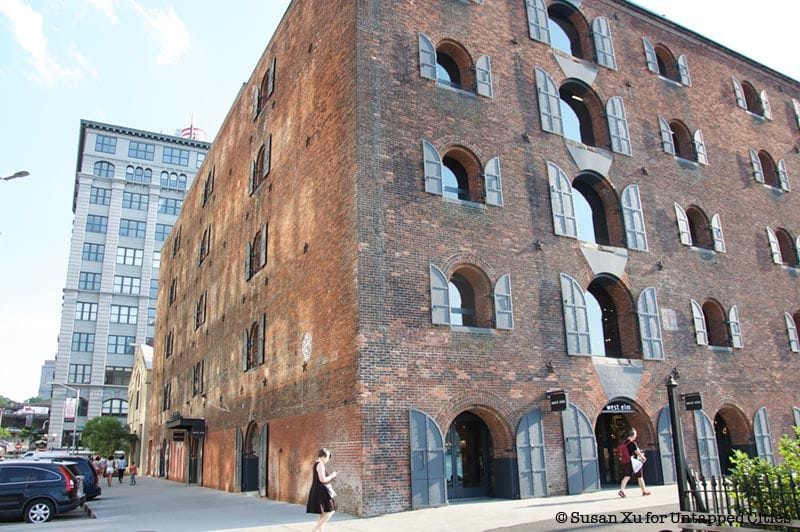
That changed when coffee was commodified. "Arbuckles in Brooklyn was one of the first companies to do it. Folger went out and he started giving pre-packaged coffee to the gold rush miners. All of a sudden, coffee was a packaged item. People were not thinking about where it came from and they were getting it cheap," says Falber.
"Then fast forward to World War II, we wanted to make it even cheaper, so we could put it in ration kits and send it to the troops overseas. That gave birth to instant coffee, which peaked in popularity in the 1970s. The United States had terrible coffee," Falber lamented. In recent decades, however, our relationship with coffee has started to change again, with more and more coffee drinkers searching for quality, sustainability, and ethically sourced beans in their cups.
"When it's a good product, it has various different flavors depending on where it's grown and how it's processed, and what species or variety it is. All of those things are starting to come to light," Falber says. At City Boy Coffee, every bag of coffee sold is accompanied by a postcard that gives information on the farmer, the culture of its point of origin, and all of the characteristics that lead to its unique taste.
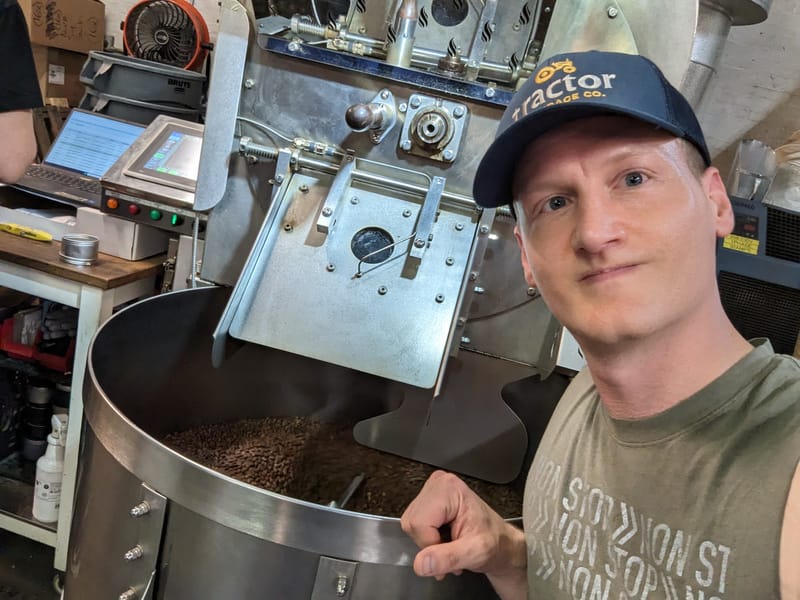
How the beans are processed is one factor that impacts how the coffee tastes. The three most common processing methods are washed, natural, and honey. Once the beans arrive at the roastery in Long Island City, the City Boy team tries a variety of sample roasts to "make sure we roast the coffee in a way that best accentuates the characteristics that made us buy the coffee," Falber says. They taste for different qualities such as mouthfeel, sweetness, acidity, complexity, and more. Finally, the team sorts the coffee optically to remove any underdeveloped beans.
City Boy Coffee is sourced from around the world, including places like El Salvador, Ethiopia, and Tanzania. This winter, Falber is especially excited to release an especially rare species of coffee from Vietnam called liberica. It will be offered in three different varieties and you can taste it at Untapped New York's member-only coffee class.
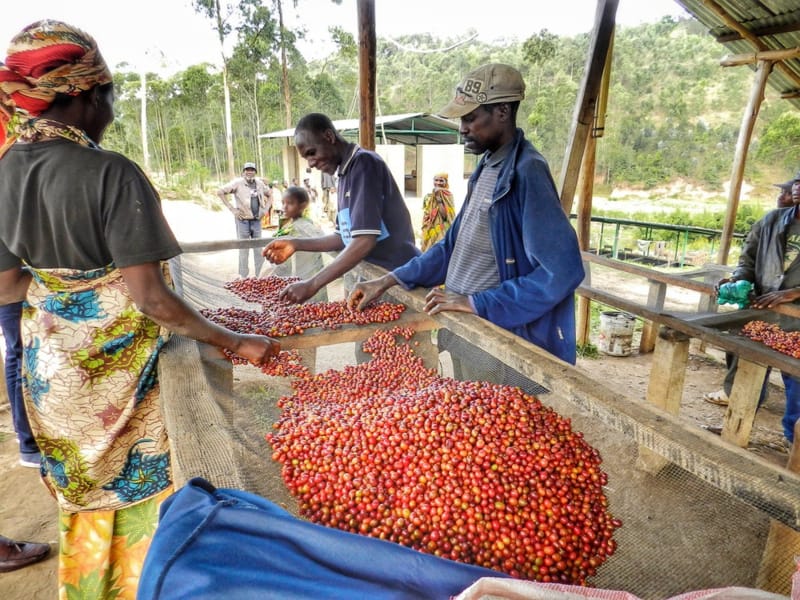
When he's not drinking his own coffee, Falber's favorite spots in the city to grab a cup of joe include the aforementioned Abraco (he highly recommends getting an olive oil cookie too), Alita Cafe in Williamsburg (paired with a breakfast sandwich), and Black Fox (a great place to try multiple roasters under one roof). He also recommends checking out the Joe Pro Shop in Manhattan, where you can try Joe Coffee brews as well as brews from rotating featured roasters.
"There's a passionate group of people in the city working in the specialty coffee world who are interested in unusual things and going outside the box. New Yorkers are exposed to so much food and so many different styles of food. You're not going to find as many picky eaters in New York City so that gives New York coffee roasters an opportunity to really experiment," Falber muses.
Falber's pro tip for the best cup of coffee at home? "It seems like it's super extra, but weighing your coffee on a food scale or a coffee scale will make it so much better," since using a regular teaspoon can lead to inconsistently sized scoops and throw off the water-to-coffee ratio.
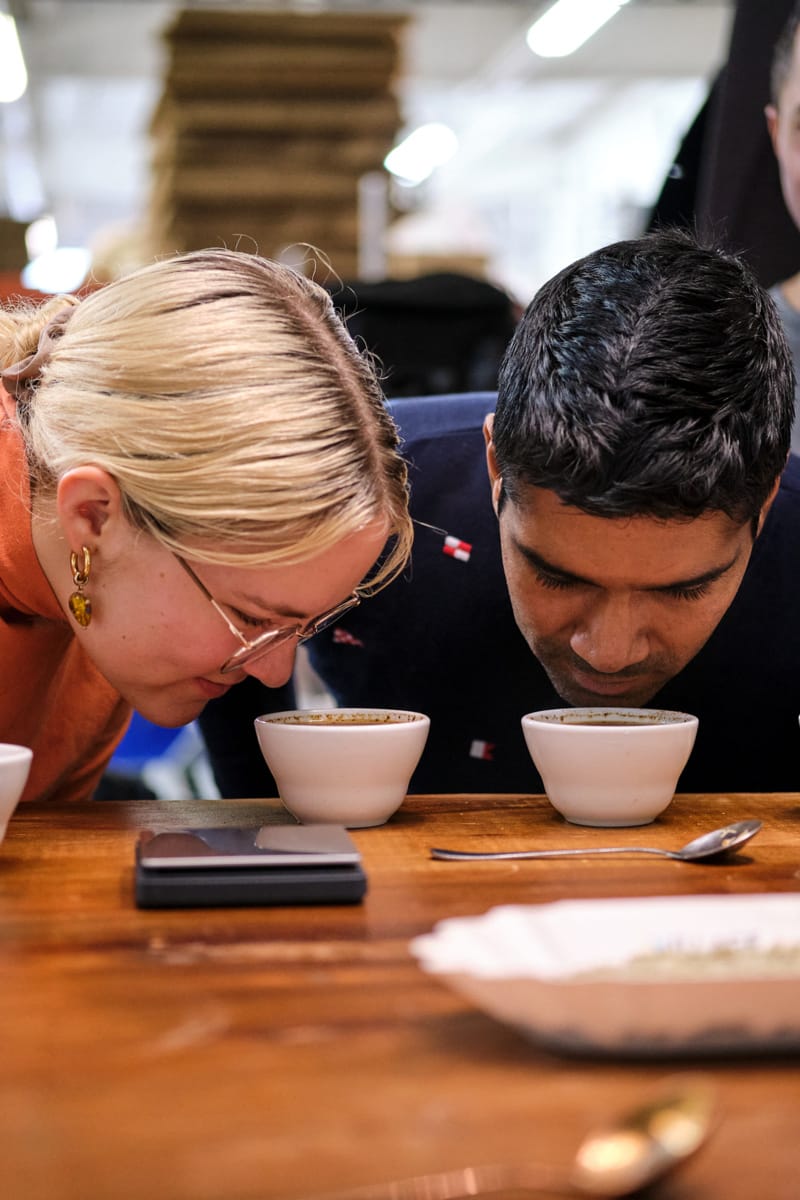
You can order City Boy Coffee online and subscribe to the Sphere Coffee Club to try a different coffee every month! City Boy Coffee also hosts tasting classes at the roastery where you can sample a variety of curated coffees and learn how to taste them like a professional, a process called cupping. Join Untapped New York members for an exclusive class on November 16th!
Subscribe to our newsletter